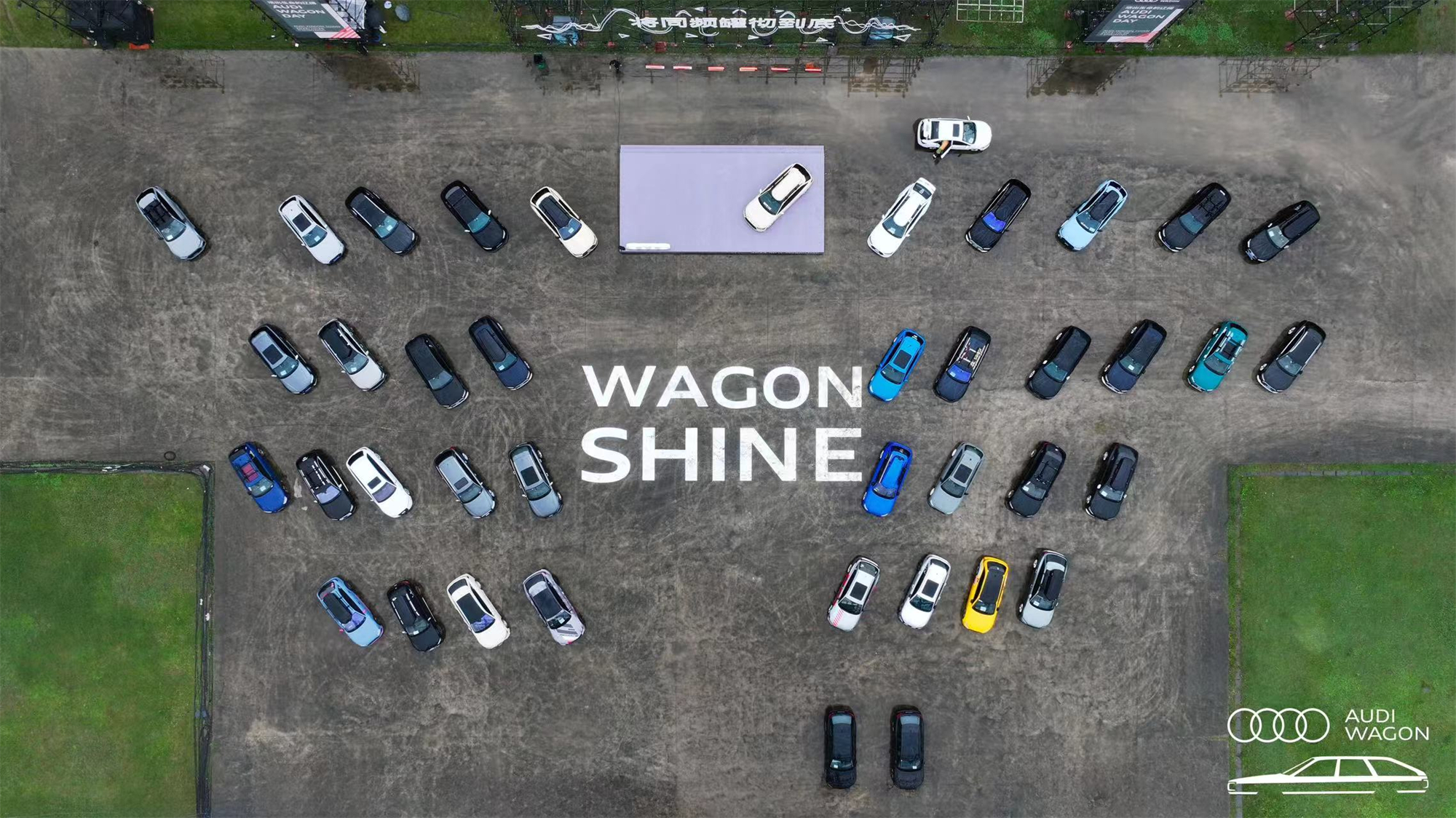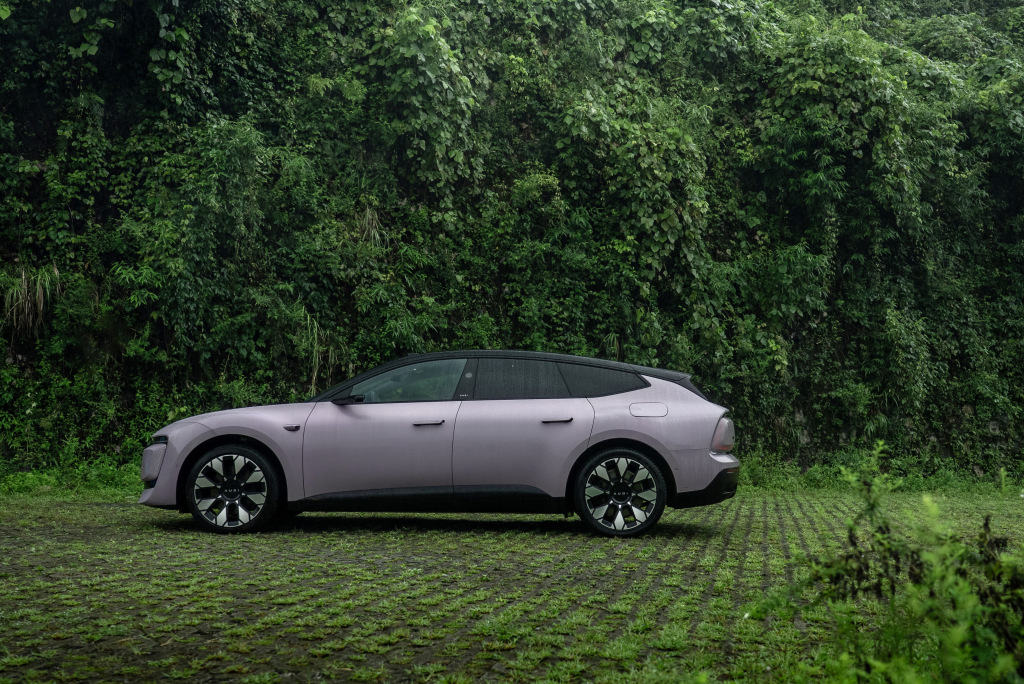
When discussing station wagons, or "wa-gons," one brand stands out prominently: Audi.

Station wagons, a body style category of sedans, were originally designed to combine the driving performance of a sedan with exceptional functionality. With "travel" right in their name, these vehicles embody a longing for adventure and freedom, representing a life unrestrained. Compared to rugged SUVs, station wagons are more refined and elegant while still exuding a carefree spirit. In China, station wagons also have a charming transliterated nickname, derived from the English word “Wagon,” known as “wa-guan.”

As a saying in the industry goes: there are only two kinds of station wagons in the world—one is Audi, the other is everything else.
Back in 1977, Audi launched its first station wagon model—the Audi 100 Avant. This model maintained the comfort of a sedan while providing unparalleled cargo space, earning a reputation for high practicality.

This year, alongside the Jianhu Lake in Shaoxing, FAW Audi created an event titled "Wagon Town," themed around "Living Life to the Fullest." Here, various models of Audi station wagons through the ages were showcased, inciting endless dreams and ideas about life, freedom, and adventure, allowing every "wa-guan" enthusiast present to experience the vibrancy of life and the essence of travel.

At "Wagon Town," classic models that embody the history and philosophy of Audis, such as the Audi 100 Avant, Audi RS4 Avant, and Audi A6 allroad quattro, narrate Audi's commitment to station wagons over the past 47 years. Moreover, numerous owners created trunk camps featuring their Audi station wagons as the star, showcasing various activities such as skiing, fishing, surfing, and mountain biking, highlighting unique travel experiences exclusive to "wa-guan" owners.

As one of the highlights of this grand event, the launch of the new Audi A6 Avant/allroad 2024 Adventurer Edition at a market-guided price of 518,900 RMB and 613,900 RMB respectively added new vitality to the Audi station wagon family. These two new models not only inherit the classic elements of Audi station wagons but also undergo comprehensive upgrades in configuration and performance.

Whether through their new products or the creation of China's first station wagon cultural IP festival, it is clear that Audi's commitment to the station wagon market—despite being a segment with annual sales of less than 100,000 units—remains steadfast.
During this celebration, it became apparent that for many, a "wa-guan" is not merely a vehicle; it symbolizes an attitude of freedom and a curiosity about life, transcending the pursuit of speed.
This represents another worldview that Audi station wagons promote throughout their development: live authentically and embrace the vastness of life.


